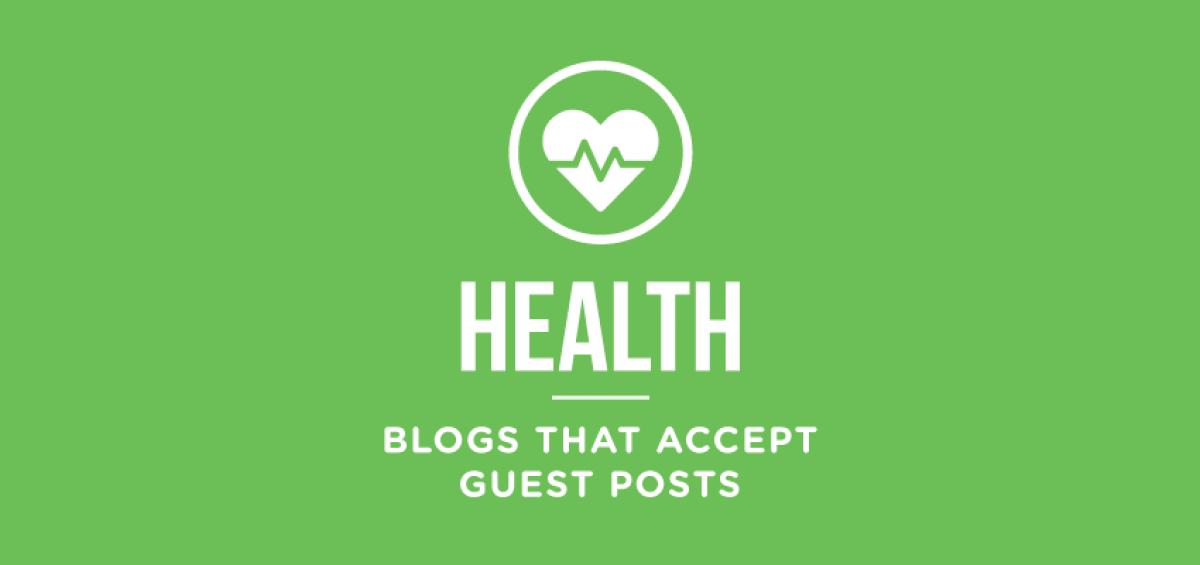The Rising Popularity of Herbal Supplements
In recent years, there has been a significant surge in the popularity of herbal supplements. People are increasingly turning to these natural alternatives due to their potential benefits and minimal side effects. With the hectic pace of modern life, it can be challenging to prioritize nutrition and self-care. Herbal supplements provide a convenient and accessible way to bridge the gap and support our overall well-being.
Understanding Herbal Supplements: What Are They?
Herbal supplements are dietary supplements derived from plants or plant extracts. They come in various forms, including capsules, tablets, powders, and teas. These supplements harness the beneficial properties of plants, such as their vitamins, minerals, antioxidants, and other active compounds, to promote health and wellness. Unlike pharmaceutical drugs, herbal supplements are considered natural remedies and are widely available without a prescription.
Key Benefits of Herbal Supplements
Boosting Immune Health
Herbal supplements are known for their immune-boosting properties. Many plants contain compounds that help strengthen the immune system, allowing our bodies to better defend against illnesses and infections. Examples of immune-boosting herbs include Echinacea, elderberry, and astragalus.
Enhancing Overall Well-being
By incorporating herbal supplements into our daily routines, we can enhance our overall well-being. Certain herbs, such as ginseng and ashwa gandha, have adaptogenic properties that help the body adapt to stress and promote a sense of balance and vitality.
Supporting Digestive Health
Herbs have been used for centuries to support digestive health. Peppermint, ginger, and fennel are commonly used to alleviate digestive discomfort, reduce bloating, and promote healthy digestion.
Promoting Healthy Sleep Patterns
Many individuals struggle with sleep-related issues, such as insomnia or restless nights. Herbal supplements like valerian root and chamomile can be helpful in promoting relaxation, reducing anxiety, and improving sleep quality.
Reducing Inflammation and Pain
Chronic inflammation and pain can significantly impact our quality of life. Turmeric, with its active compound curcumin, has potent anti-inflammatory properties and is often used to alleviate joint pain and support overall joint health.
Improving Cognitive Function
Certain herbal supplements have been found to support cognitive function and mental Health. Ginseng and Ginkgo Biloba, for example, are believed to enhance memory, concentration, and overall cognitive performance.
Incorporating Herbal Supplements Into Your Routine
When considering incorporating herbal supplements into your routine, it is important to follow certain guidelines to ensure their safe and effective usage.
Consultation with a Healthcare Professional
Before starting any new supplement regimen, it is advisable to consult with a healthcare professional, especially if you have underlying health conditions or are taking medications. They can provide personalized recommendations and help you determine the most suitable herbal supplements for your needs.
Choosing the Right Herbal Supplements
With a vast array of herbal supplements available, it can be overwhelming to choose the right ones for your specific goals. Research different herbs and their benefits, read product labels, and opt for reputable brands that prioritize quality and safety.
Proper Dosage and Usage Guidelines
Herbal supplements should be taken according to the recommended dosage and usage guidelines provided by the manufacturer. It is essential to follow these instructions to ensure optimal results and minimize the risk of adverse effects.
Potential Side Effects and Precautions
While herbal supplements are generally safe when used correctly, some may interact with certain medications or cause side effects in some individuals. It is crucial to be aware of potential interactions and any precautions associated with specific herbs.
Popular Herbal Supplements and Their Uses
Several herbal supplements have gained popularity for their wide range of uses and potential health benefits. Let's explore a few of them:
Turmeric: A Natural Anti-Inflammatory Agent
Turmeric, with its active compound curcumin, is known for its powerful anti-inflammatory and antioxidant properties. It has been used for centuries in traditional medicine to reduce inflammation, support joint health, and promote overall well-being.
Ginseng: Boosting Energy and Reducing Stress
Ginseng is a popular adaptogenic herb known for its ability to boost energy, reduce fatigue, and enhance mental clarity. It is also believed to have stress-reducing properties and is commonly used to support overall vitality.
Echinacea: Strengthening the Immune System
Echinacea is a well-known herb used to strengthen the immune system and reduce the duration and severity of cold and flu symptoms. It helps stimulate the production of immune cells, promoting a robust immune response.
Milk Thistle: Supporting Liver Health
Milk thistle has been traditionally used to support liver health and aid in liver detoxification. It contains a powerful antioxidant called silymarin, which helps protect liver cells from damage and promotes optimal liver function.
Valerian Root: Promoting Relaxation and Sleep
Valerian root is a herb commonly used to promote relaxation and improve sleep quality. It has calming properties and is often used as a natural remedy for insomnia and anxiety-related sleep disturbances.
Herbal Supplements for Specific Health Goals
Different herbal supplements can be beneficial for specific health goals. Let's explore some examples:
Heart Health: Hawthorn Berry and Garlic
Hawthorn berry and garlic are known for their cardiovascular benefits. Hawthorn berry supports heart healthy diet by promoting healthy blood circulation and maintaining normal blood pressure. Garlic, on the other hand, helps lower cholesterol levels and supports overall cardiovascular well-being.
Joint Health: Glucosamine and Chondroitin
Glucosamine and chondroitin are popular supplements for joint health. They help support joint function, reduce inflammation, and alleviate joint pain associated with conditions like osteoarthritis.
Mental Well-being: St. John's Wort and Ginkgo Biloba
St. John's Wort is commonly used to support emotional well-being and manage mild to moderate depression. Ginkgo Biloba, on the other hand, is believed to enhance cognitive function, improve memory, and support overall mental clarity.
Digestive Health: Peppermint and Ginger
Peppermint and ginger are well-known for their digestive benefits. Peppermint helps soothe gastrointestinal discomfort, alleviate symptoms of irritable bowel syndrome (IBS), and support healthy digestion. Ginger is also used to ease nausea, indigestion, and stomach upset.
Skin Health: Aloe Vera and Tea Tree Oil
Aloe vera and tea tree oil are popular herbal remedies for skin health. Aloe vera has soothing and hydrating properties, making it beneficial for various skin conditions like sunburns, eczema, and acne. Tea tree oil has antimicrobial properties and is often used to treat acne and skin infections.
Integrating Herbal Supplements with a Balanced Diet
While herbal supplements can offer numerous benefits, it's important to remember that they should complement a balanced and nutritious diet. They should not be used as a substitute for healthy eating habits. Eating a variety of nutrient-rich foods, such as fruits, vegetables, whole grains, lean proteins, and healthy fats, is crucial for optimal well-being.
By incorporating herbal supplements into a balanced diet and healthy lifestyle, individuals can maximize their potential benefits and support their overall health and wellness.
Herbal supplements have gained significant popularity as people seek natural and holistic approaches to support their health. With their wide range of benefits and minimal side effects, herbal supplements can be a valuable addition to a balanced and nutritious diet. From boosting immune health and promoting better sleep to supporting heart health and aiding digestion, these supplements offer a natural way to enhance well-being. However, it is important to consult with a healthcare professional, choose reputable brands, follow dosage guidelines, and be aware of potential interactions or side effects. By integrating herbal supplements into a healthy lifestyle, individuals can take proactive steps towards maintaining their overall health and vitality.









 English (US) ·
English (US) ·